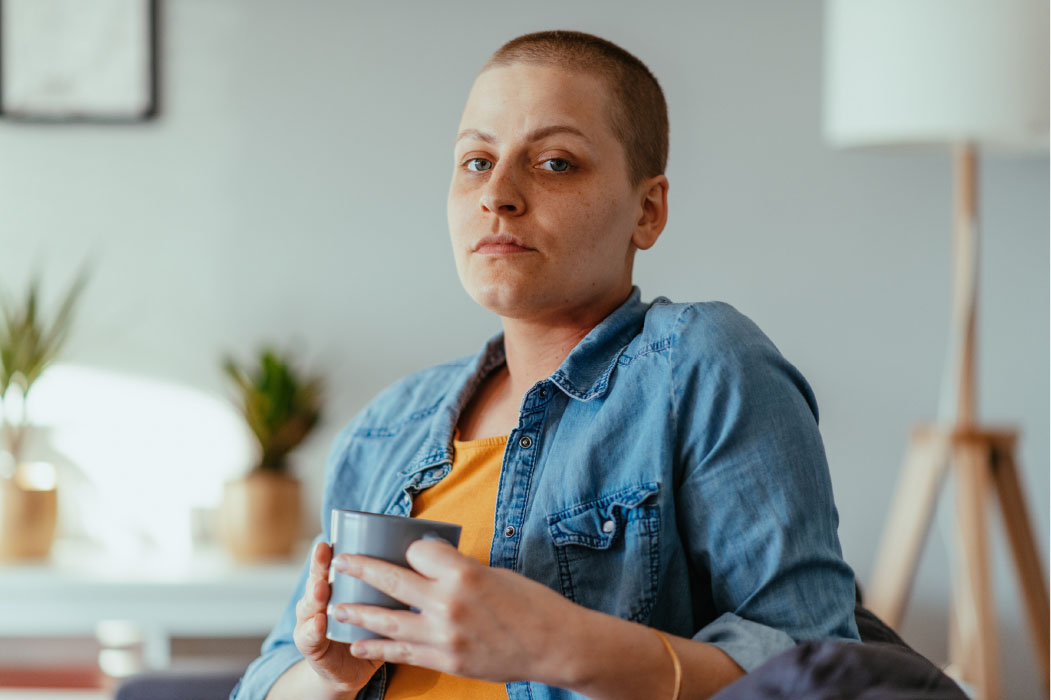Lesbian, gay, and bisexual (LGB) adolescent and young adult (AYA) cancer survivors are at greater risk for chronic health conditions than LGB individuals without a cancer history and heterosexual AYA cancer survivors, researchers reported in a recent study. Published in Cancer, the study findings underscore the disparities in care that LGB AYA cancer survivors face and the need to address barriers and personalize survivorship care.
Researchers analyzed diagnosis, socioeconomic, and demographic data in the National Interview Health Survey from 2013–2020. The study included 170 LGB survivors diagnosed as AYAs, 1,700 LGB individuals without a cancer history, and 1,700 heterosexual cancer survivors.
They found that 71% of LGB survivors had at least one chronic health condition and 21% had more than two chronic conditions. Comparatively, among LGB individuals without a cancer history, 51% had at least one chronic condition and 8% had at least two or more. Among heterosexual cancer survivors, 59% had at least one chronic condition, and 15% had two or more. In terms of socioeconomic status,
“LGB survivors were more likely to have incomes between 100% and 200% of the federal poverty level than LGB individuals without a history of cancer, and heterosexual survivors and were less likely to report incomes greater than 200% the federal poverty level,” researchers said.
Researchers concluded that the greater risk of chronic health conditions among LGB cancer survivors is related to disparities and barriers in health care. Michael E. Roth, MD, the study’s primary author, said in a press release that the study “points to the need for specialized care and attention for these individuals during and after their cancer treatment to address their heightened risk of chronic health issues.”
LGBTQ+ patients may need special considerations in oncology care. Healthcare providers and organizations can take steps to ensure a welcoming environment and inclusive care.






